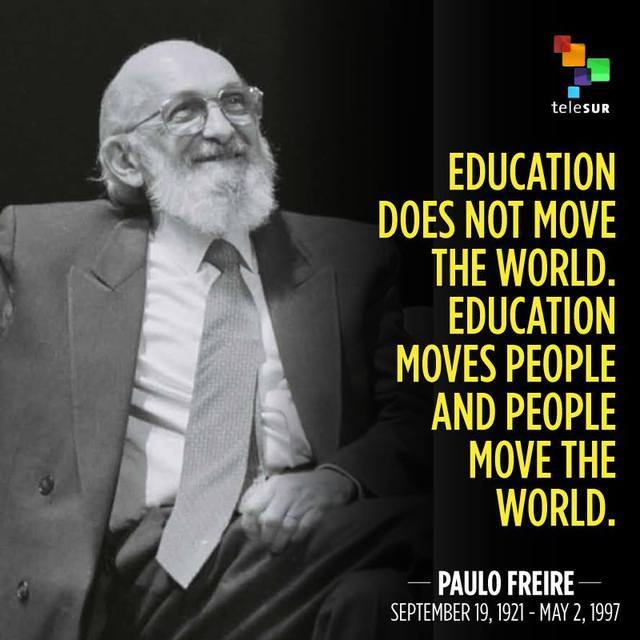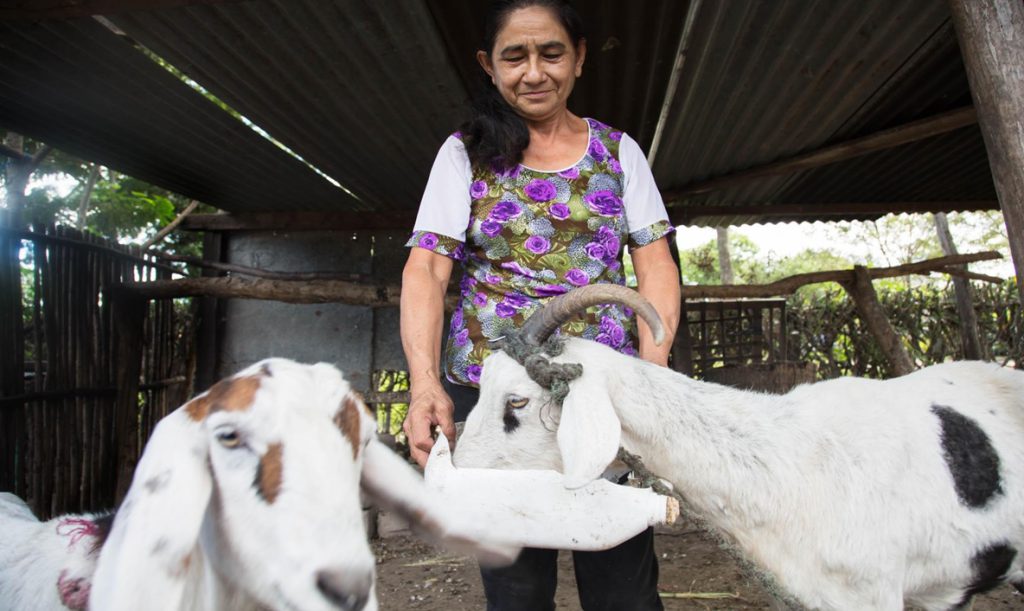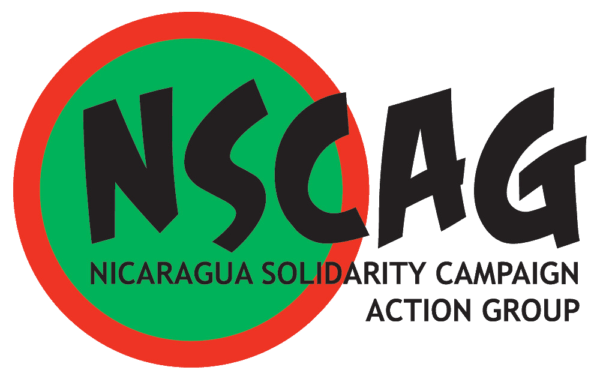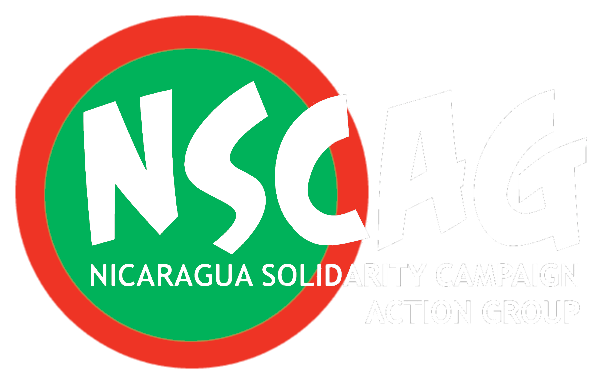Nicaragua Solidarity Campaign Action Group
12 October 2021
The legacy of Paolo Freire: popular education in Nicaragua

Yorlis Luna describes how the legacy of the Brazilian philosopher and educator lives on in Nicaragua.
Paolo Freire, the great philosopher and educational pedagogue, was born 100 years ago on 19 September 1921.
He is known as ‘’the Educator of America,’ because his exceptional contribution was rooted in the reality of political processes of the time in which he lived: with his ideas he charted a path for Our America and the world.
Recognising his legacy involves a profound reflection on Our America, the America that has suffered and is still bathed in pain for the great majority of its population.
In Nicaragua there are examples of processes of popular education that although not well documented are nevertheless alive and recreating themselves. Although very often people don’t connect their actions to a great pedagogical theory, their work is popular education, empowering families, women, young people and children.
[In 1980] Nicaragua established a milestone with the Great Literacy Crusade when 60,000 students went to the countryside to teach literacy and learn about the realities of life in the countryside. Today Nicaragua is still is a walking school of innovations and social processes related to popular education.

In Nicaragua, the Campesino a Campesino methodology – brought from Guatemala by Mayans who fled repression and came to Nicaragua- has flourished. The CaC, rooted in peasant families, is today a reference point for social organisations and international movements of peasants and indigenous peoples such as La Via Campesina. Pictured: Students from Central America at the Latin America Agroecology Institute (IALA) Ixim Ulew in Nicaragua,one example of a La Via Campesina training programme using campesino-a-campesino methodology.
Paulo Freire lives among us, in the rural teachers who walk long distances to share their knowledge with their students, in the community leaders, in the health personnel who visit house to house and accompany families through everything from childbirth to Covid infections.
But it is not only in the community health and education model, but also in the many people who in different ways contribute multiple tasks to improve the quality of life of families. This forms an educational praxis of a society with hope.
The National Programme of Technical Education in the Countryside A.C. Sandino is carried out by the National Technological Institute. Since 2014, through one of their programme, farmers of all ages have come together to exchange knowledge, to improve agricultural production and to make it more environmentally friendly.

Technicians serve as facilitators together with peasant leaders with experience in particular subjects. To date, 138,000 people have participated in this type of training.
The programmes are rooted in the practices, beliefs, and sense of identity of the farmers, listening to voices that have been ignored for more than 500 years.
I have witnessed powerful exchanges between peasant farmers when they explain something, how to sow, how to take care of an animal, how to make a natural medicine, etc. Their eyes shine and as if between mischief and joy, they tell you “I know”, “Don’t believe it, I know a lot”.
This explicit institutional recognition that the knowledge and innovations of peasants are valid has involved relearning and even existential crises for some agricultural technicians trained under the top down scheme of the [so called] Green Revolution.
Beyond the initial shock, everyone has learned that the dialogue of knowledge is the way forward and that doing small things can have a great impact that nourishes us and makes us better human beings.
Nicaragua, so loved by Sandino, continues to have children who love her. And although they do not necessarily say so, they make popular education a reality to re-dignify life and co-existence with others and the earth.
This is an edited version of an article first published on http://www.tortillaconsal.com/tortilla/node/12976

